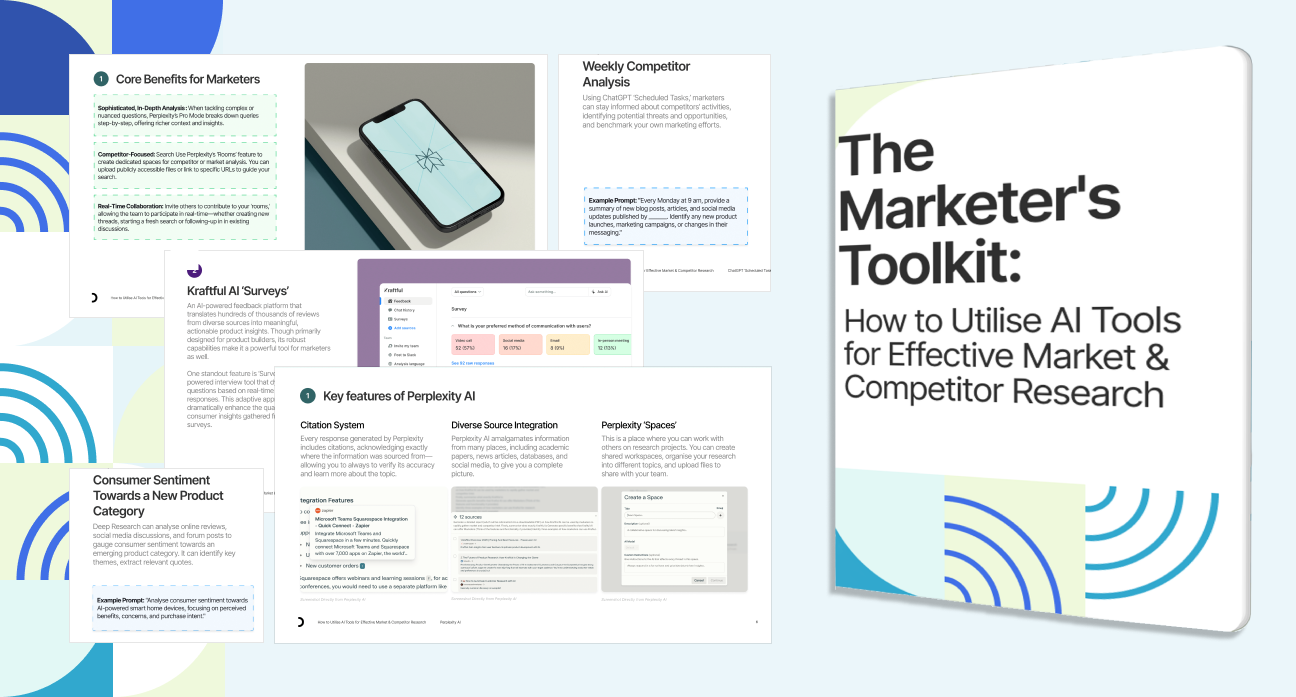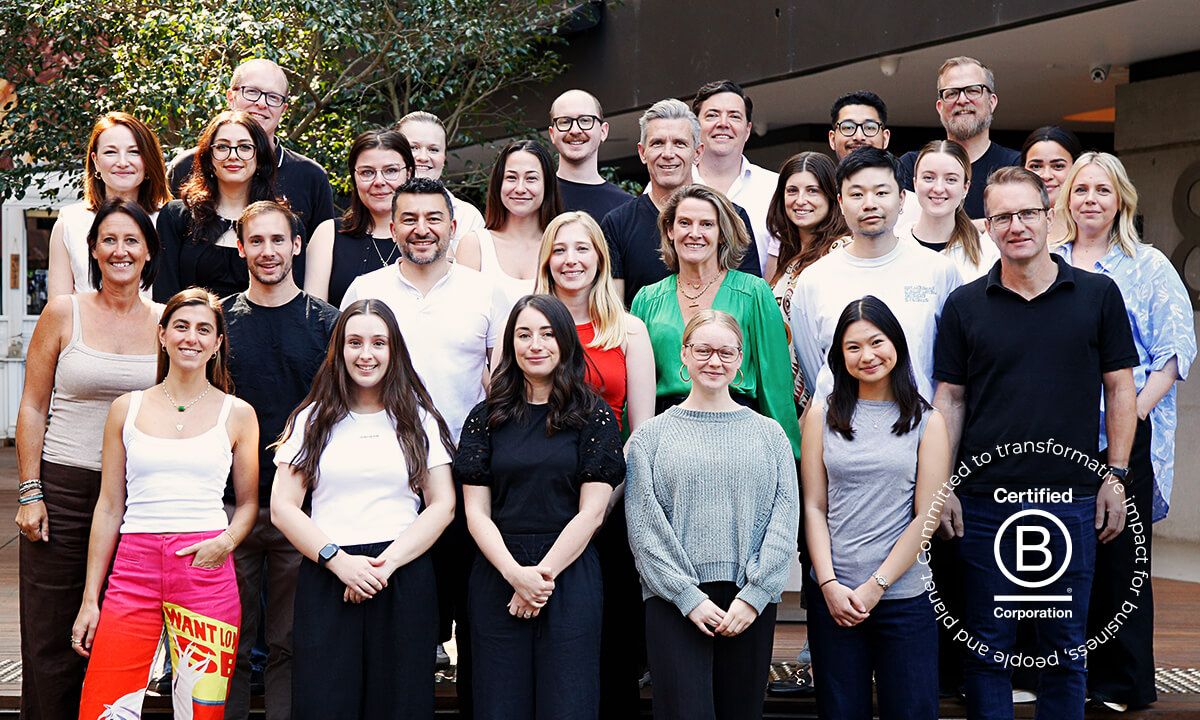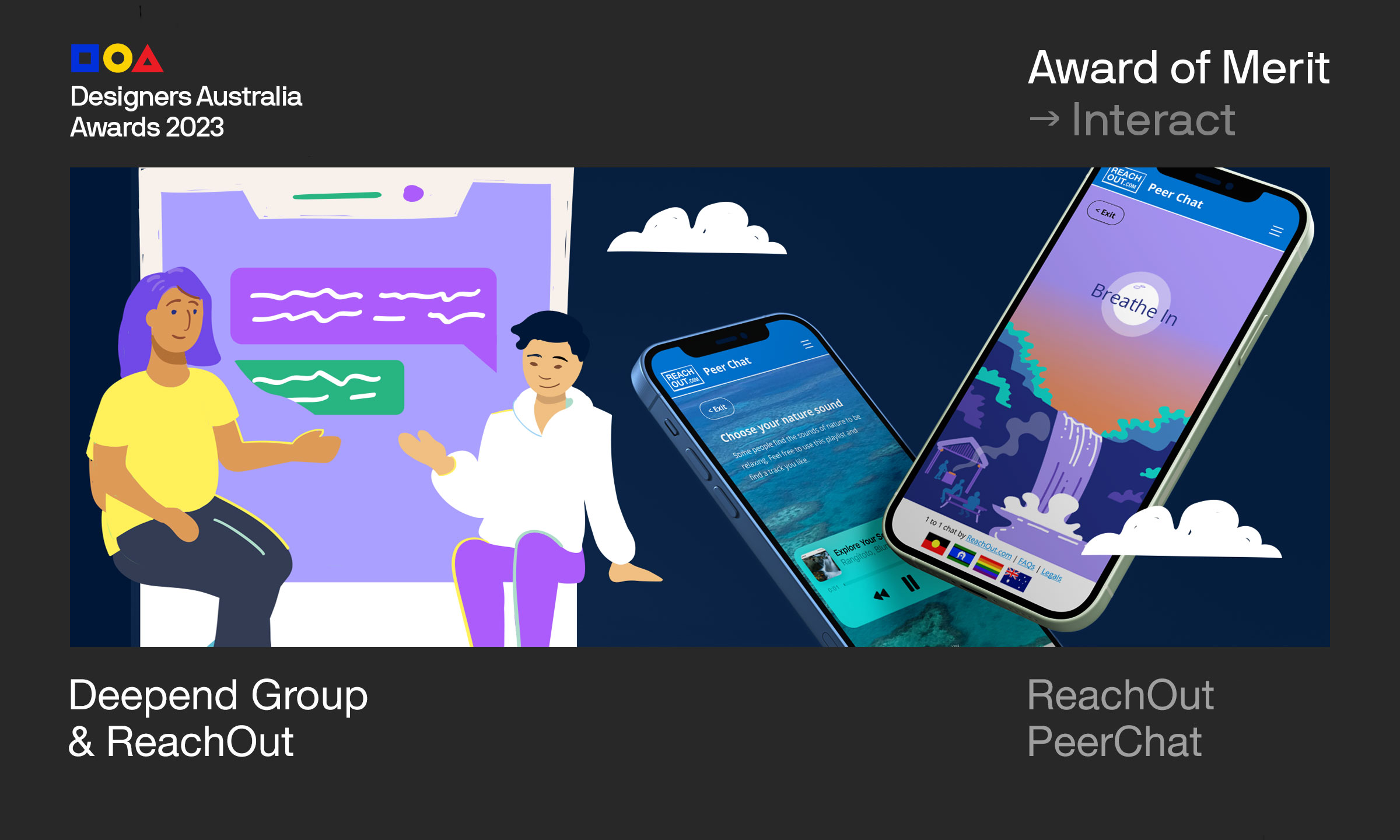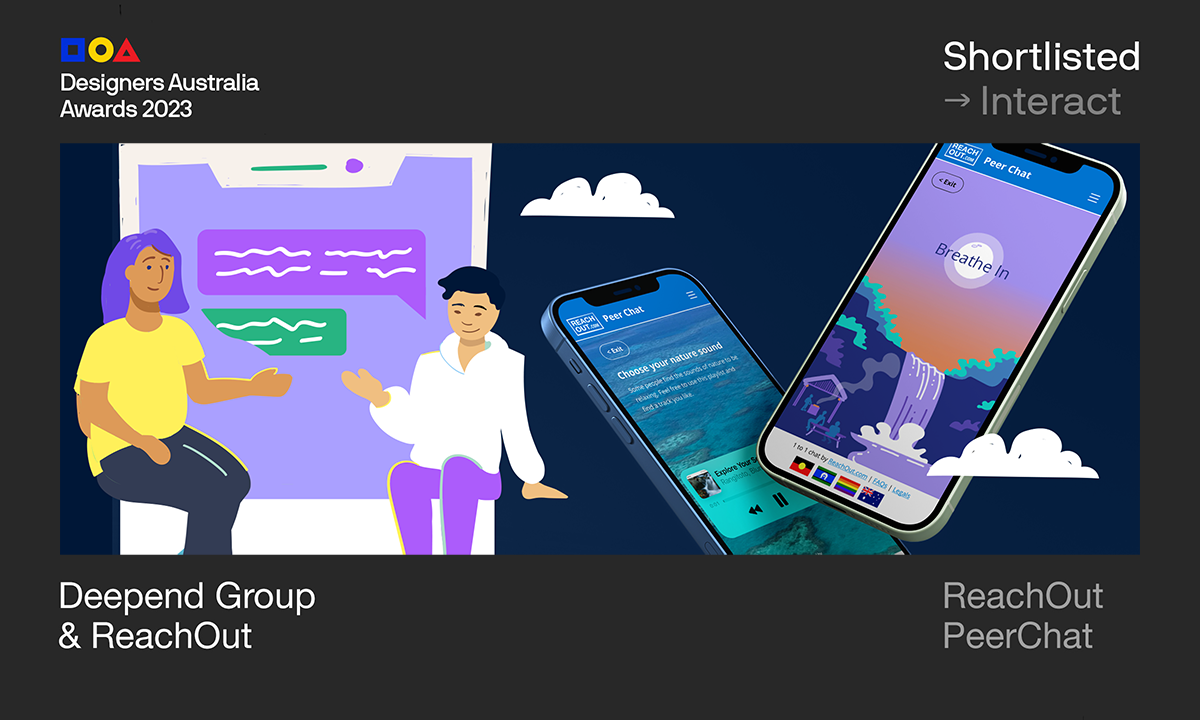Customer-led Technology
Back to top
News & Opinion
Sharing knowledge, advice and tips, our team also provide their expert view and commentary on the latest industry and market news.

Opinion
Metrics that Matter: How to Use the Right Data to Level Up Your Digital Marketing, CX & UX

Opinion
PDF Download - The Marketer's Toolkit: How to Utilise AI Tools for Effective Market and Competitor Research

Opinion
Rising above the noise: AI-powered market intelligence for the modern marketer

Opinion
Mitigating Cyber Risks: Securing your Customer Facing Technology in 2025

Opinion
The Future is Here - But at What Cost? Ethical Considerations - 10 things you should know about AI

Opinion
Is it just me? Hyper-personalisation: How Mid-Tier Businesses Can Deliver Big on Customer Experience (Part Two)

News
Recent Event: Today’s Actions, Tomorrow’s Impact

Opinion
How to Leverage User Research to Inform Product and Business Decisions

Opinion
Is It Just Me, or is Hyper-Personalisation the Future? Here are 5 Brands Doing It Right (Part One)

News
B Corp in Action: community clean up for a greener Australia

News
eBook Download: Transformation Lessons from the Front Line

Opinion
AI in 2025: Top Trends (Part Two)

Opinion
Tool up in 2025 – Our pick of the top tools of the trade to help foster teamwork, boost productivity and create a collaborative culture.

Opinion
AI in 2025: Top Trends (Part One)

Opinion
Mastering the art of web content: Expert tips for crafting engaging, SEO-optimised content that converts

Opinion
How to create a content strategy - A step-by-step guide to boost engagement, drive conversions, and grow your business

News
Living our values – a team that gives back together, stays together.

News
It’s Official – History Will Be Kind and Deepend are now B Corp certified.

Opinion
Exploring the Transformative Implications of Generative AI on Customer Experiences

Opinion
Helping NFPs attract and retain donors and volunteers

Opinion
The most monumental shift of wealth in modern history – are you prepared?

Opinion
Mass migration from Sitecore to other equally powerful DXPs like Umbraco, Kentico and Optimizely

Opinion
Back to the future – Why static web sites might be due for a comeback

Opinion
4 Lessons in Sustainable Impact from Leaders in Health and Climate Sectors

News
Recent Event: Practical Strategies for Sustainability Social Impact and Business Growth

Opinion
Balancing opportunity with risk to create an authentic narrative around purpose

Opinion
Maximising the performance of your donations platform

Opinion
Striking the Right Chord: Using AI Wisely in the Nonprofit Sector

Opinion
From Swipe to Habit: The Psychology Behind Your Screen Time

News
Umbraco leads rivals in new G2 CMS report

Opinion
Unlocking Creativity and Consistency: The Power of Design Systems

Opinion
Lessons from mutual banks on winning the hearts and wallets of Australians

Opinion
Website Security made easy with Umbraco CMS

Event Recap
Unlocking Transformative Moments in the Financial Services Sector

Opinion
The Secret Sauce – Unlocking AI’s Full Potential

Opinion
Opening a world of opportunity via Headless CMS architecture

Opinion
Embracing the Future: How Generative AI is Reshaping Private Equity

News
ReachOut PeerChat Recognised as a “Multi-award winner” in the Good Design Awards

Opinion
How Data, Analytics and Technology Drive Shoppers Back into Retail

Event Recap
Reachout & Deepend Celebrates Award of Merit from the 2023 DIA Award Show

Opinion
AI No Longer Just for the Big Investment Players

Opinion
Embracing Digital Transformation in the Mutual Banking Sector

News
Reach Out's "Peer Chat" Shortlisted as Finalist for DIA Designers Australia Awards

News
Deepend launches generative Ai accelerator

Opinion
2023 is the year to Evolve or Die for Member Owned Banking Organisations

Opinion
Creating a More Engaging Super Experience

Opinion
Remember to wear pants. Shaping better, more mindful and diverse Agencies.

News
Deepend is proud to have partnered with the Australian Building Codes Board

Opinion
Google Analytics 4: What Marketers Need to Know Moving Forward

News
Taking an Active interest in Super

Opinion
Contextual Targeting: Providing Personalisation in a Cookieless Future

Opinion
Reinventing the Idea of Remote Collaboration

Opinion
Building out better B2B Ecommerce Strategies

Opinion
Shop, Stay, Love Local

Opinion
Who said intranet design had to be boring?

Opinion
Avoid “Lazy Personalisation” and Deliver Digital Experiences That Provide Real Value

Opinion
How Travel and Leisure brands are staying connected during COVID

News
Deepend Group Releases Its Own Revolutionary Kids Audiology Solution

Opinion
Data Visualisation vs Data Analogy

Podcast
ReGr()up: Health & Wellness with Annie Doyle

Podcast
ReGr()up: Health & Wellness with Dr Amandeep Hansra

News
Finding the Silver Lining: Here’s How COVID-19 Has Benefited Businesses

Opinion
Government Customer Experience: The Key to Mission Success

Opinion
Healthcare AI Technology: New Advances Puts Power Back in Patients’ Hands

Opinion
How to Make the Relationship with Your Agency Rock!

Podcast
ReGr()up: Health & Wellness - Dr Joanna McMillan

Opinion
Healthcare Innovation: Rush Slowly or Get On The Buzzer

Opinion
Best-Case User Experience Gives People a Sense of Control When Selecting a Healthcare Provider

Opinion
User Centric Disruption of Healthcare 10 Predictions for the 2020s

Opinion




